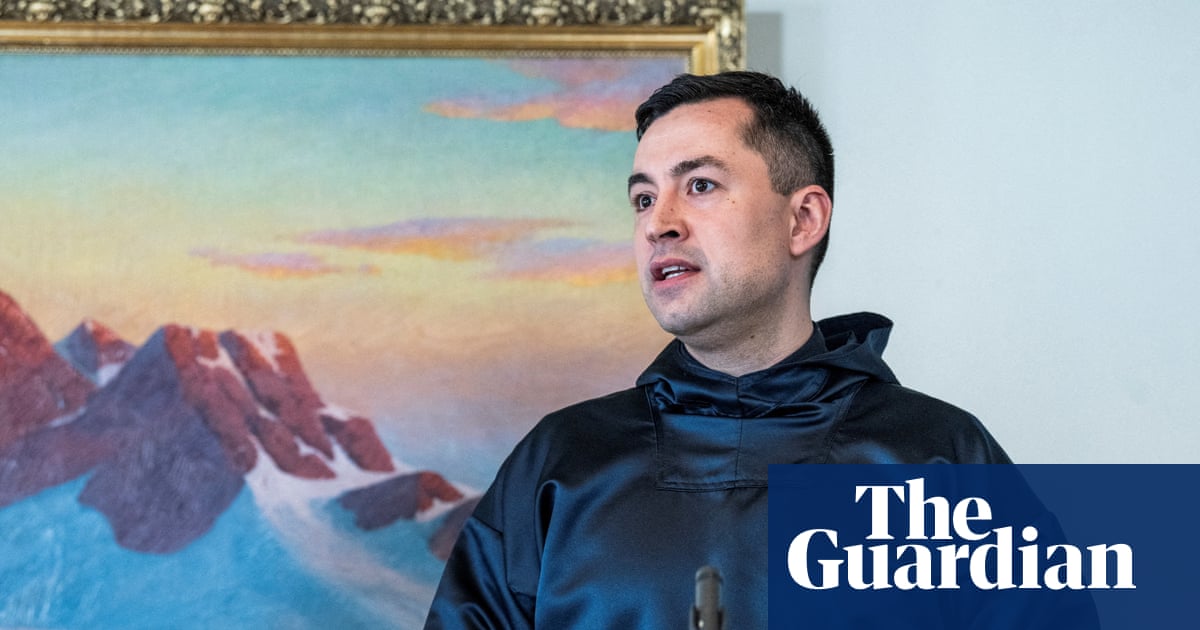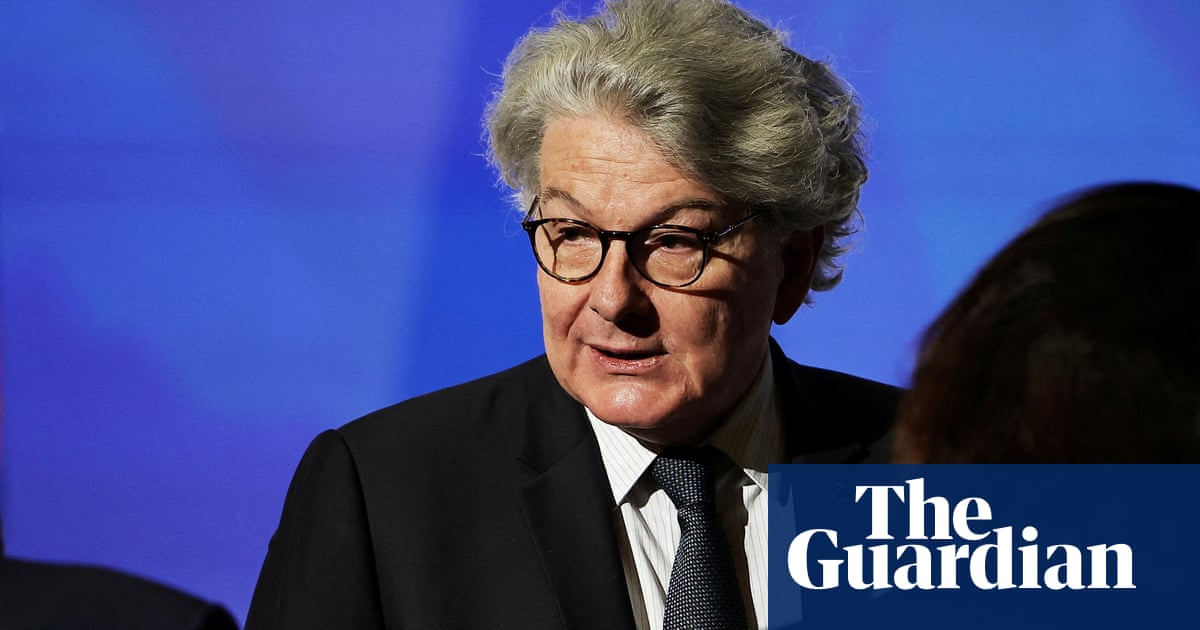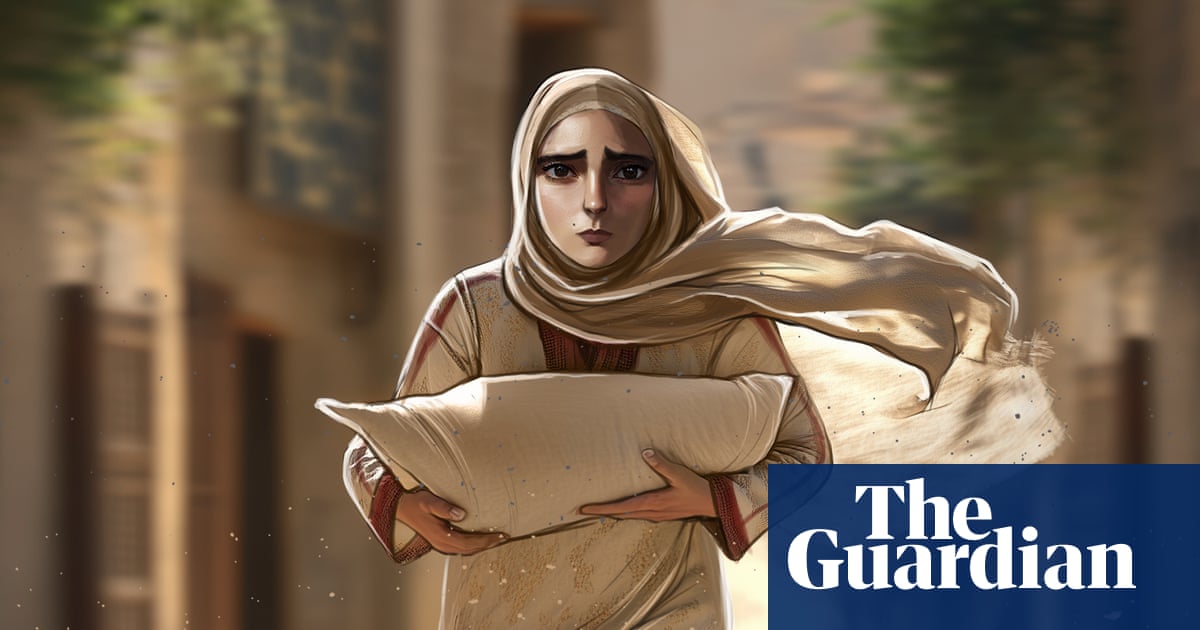Scientists have raised hopes of treating some of the most aggressive cases of cancer by targeting small fragments of rogue DNA that help tumours thrive and become resistant to chemotherapy.
The breakthrough emerged from a US-UK study that found many hard-to-treat cancers contained loops of malignant genetic material that were crucial for the tumours to survive and withstand treatment.
Tests on 39 different tumour types from nearly 15,000 UK patients revealed more than one in six cancers had extrachromosomal DNA, or ecDNA – the loops of genetic code that can make tumours harder to treat.
The analysis cast light on how ecDNA drives cancer growth and resistance and led researchers to identify a new drug, already in early-stage clinical trials, that has the potential to selectively destroy affected cells and prevent tumours from evolving rapid resistance.
“It’s an important discovery because this affects a lot of people around the world,” said Paul Mischel, a professor of pathology at Stanford University. “These are the patients who are really suffering because they are not responding to our current therapies and their tumours are so aggressive.”
Most genes in human cells are carried on 23 pairs of chromosomes that sit inside the cell nucleus. But sometimes fragments break off the chromosomes and form circles of ecDNA that sit apart from the chromosomes. Until recently, ecDNA was considered rare and inconsequential in the development of cancer.
In three papers published in Nature, the researchers detail a deep dive into the origins and implications of ecDNA. They found that 17.1% of the tumours studied contained ecDNA, with the rogue genetic material more common in particular forms of breast, brain and lung cancer.
The ecDNA fragments carry cancer-driving genes and other genes that suppress the immune system. The former encourage tumour growth while the latter can help tumours to evade the body’s natural defences and resist modern immunotherapies that aim to direct the immune system’s firepower at cancer cells.
Rapid and chaotic replication of ecDNA also drives tumours, the researchers found. When a cancer cell divides, each resulting cell inherits the same number of chromosomes. But if the initial cell contains multiple ecDNAs, these can be passed on unevenly, with one of the cells formed by division inheriting more than the others. This increases the tumour’s genetic diversity, boosting its resilience to anti-cancer drugs.
Funded through Cancer Grand Challenges, an initiative co-founded by Cancer Research UK and the US National Cancer Institute, the research suggests that drugs called CHK1 inhibitors may selectively destroy tumour cells containing ecDNA. In experiments on a small number of mice, a CHK1 inhibitor developed by Boundless Bio, a start-up co-founded by Mischel, helped reduce tumours and prevent resistance when given alongside a traditional anti-cancer drug.
“This is not just a discovery about what can make cancer so bad, it is actually pointing the way to a new set of therapies,” Mischel said. “There’s a path forward for developing new treatments because this type of DNA is different and it creates vulnerabilities that are different.”
David Scott, the director of Cancer Grand Challenges at Cancer Research UK, said: “Many of the most aggressive cancers depend on ecDNA for survival, and as these cancers advance, ecDNA drives their resistance to treatment, leaving patients with few options. By targeting ecDNA, we could cut the lifeline of these relentless tumours, turning a terrible prognosis into a treatable one.”
Charles Swanton, the deputy clinical director at the Francis Crick Institute in London and a senior author on one of the papers, said: “This work demonstrates the importance of these circular DNA elements in cancer, and their emerging role in driving the fitness of cancer cells and supporting their ability to evade the immune system. We hope the work detailed in these three papers will help pave the way for new approaches to limit their origins and impact, to ultimately improve cancer drug sensitivity and outcomes for patients.”

.png) 2 months ago
13
2 months ago
13













































